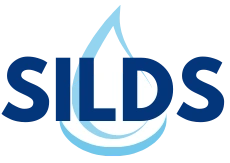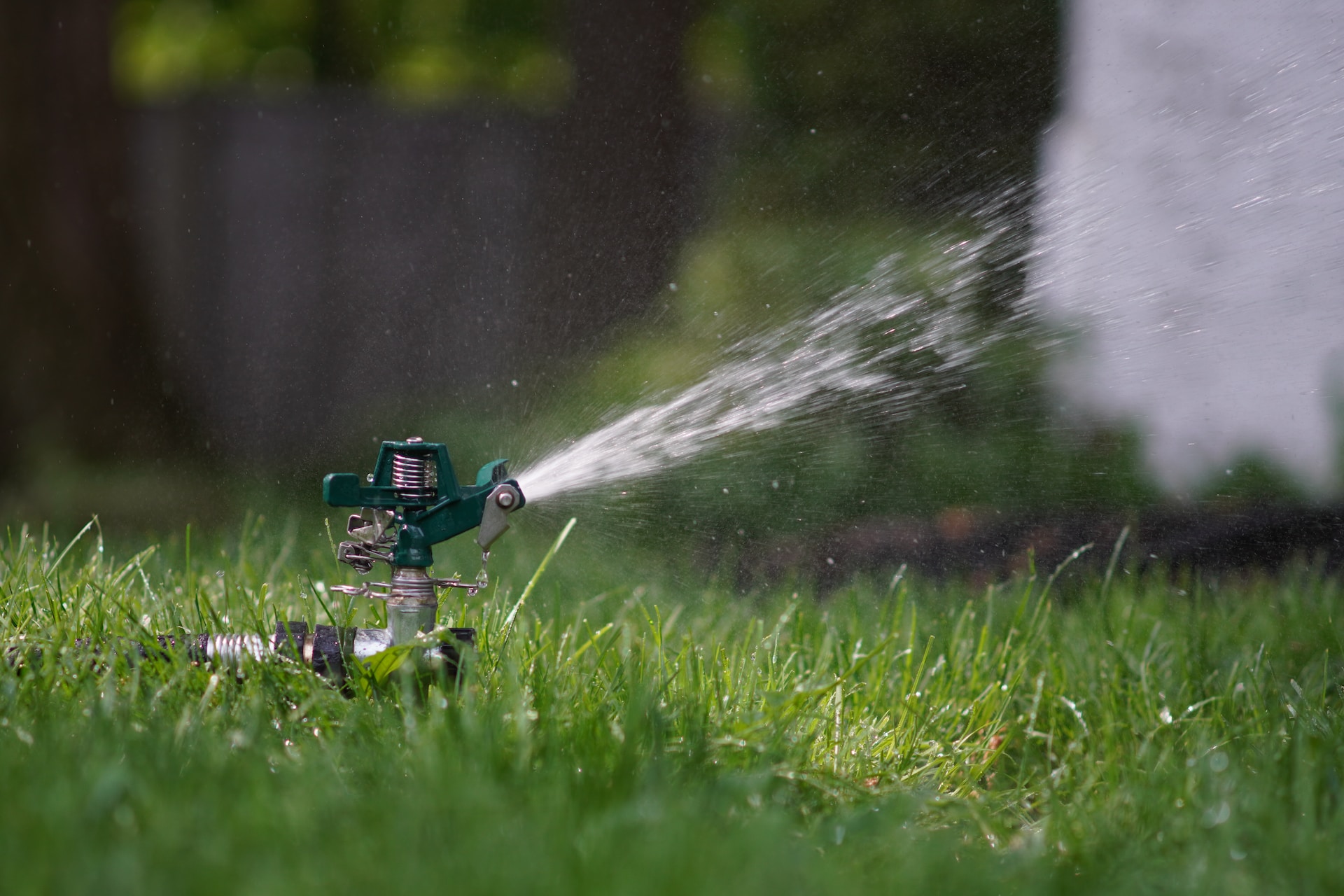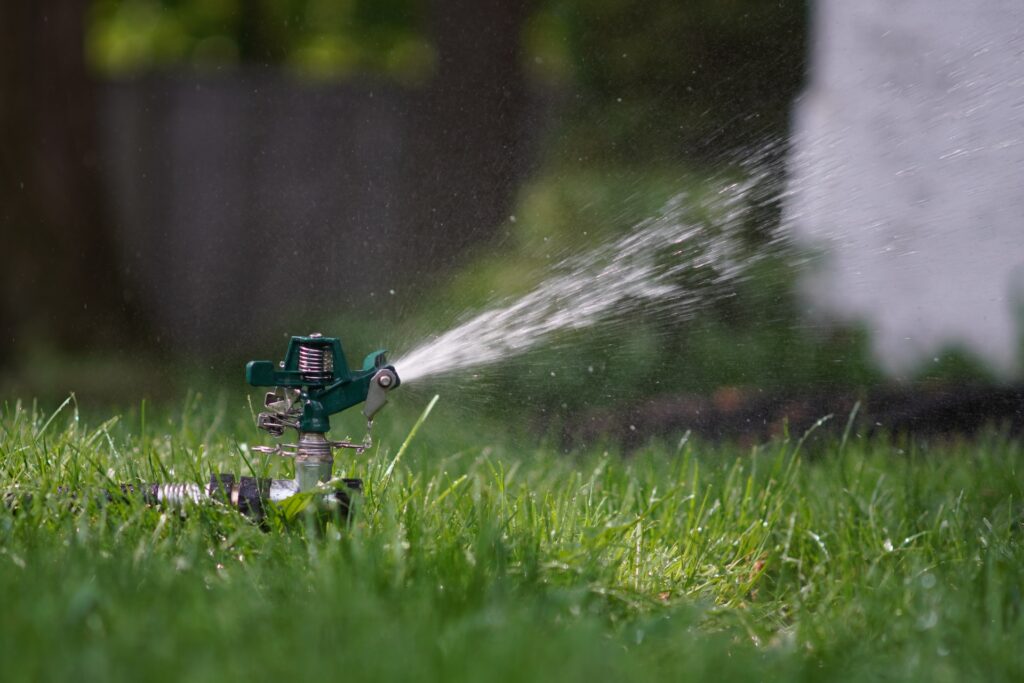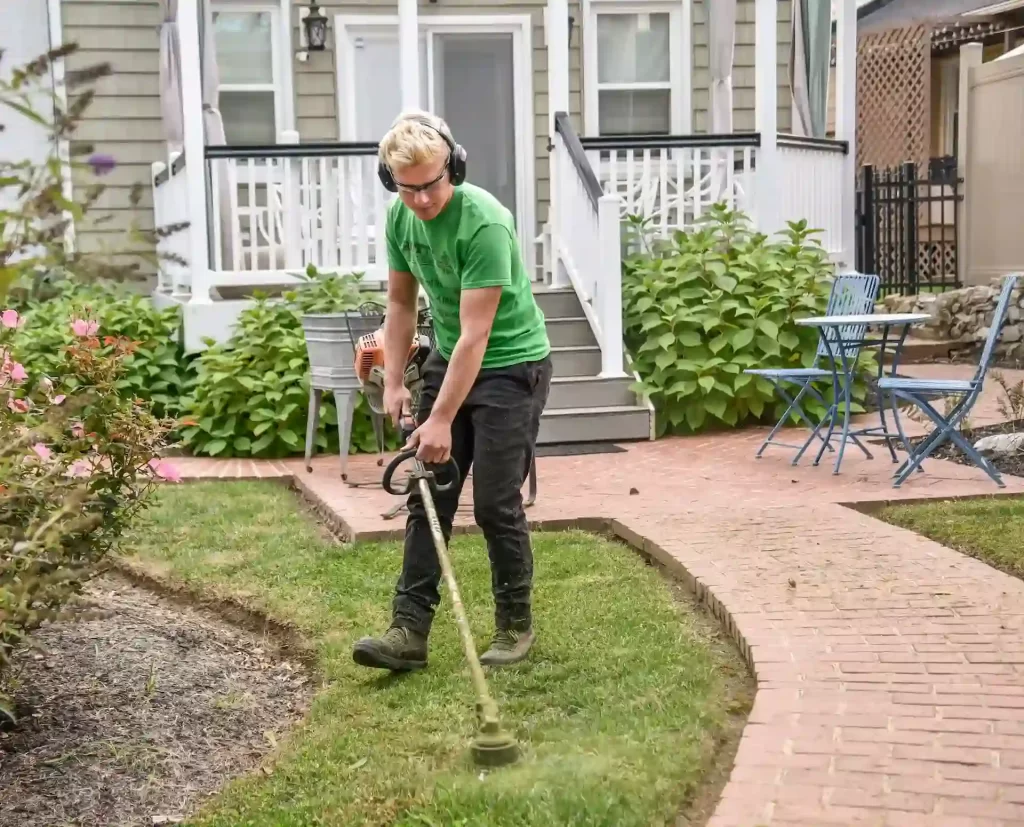- Understanding Customer Needs: Effective communication allows lawn care professionals to understand the specific needs and preferences of their customers. This includes understanding the type of grass, desired lawn length, preferred mowing schedule, and any special requests or concerns. By listening carefully to customers, lawn care providers can tailor their services to meet individual requirements.
- Quality of Service: Clear communication ensures that the lawn care team knows exactly what tasks need to be performed and how they should be done. This leads to a higher quality of service as it reduces the chances of misunderstandings, mistakes, or overlooking important details.
- Timeliness: Lawn care services often operate on a schedule, and good communication is crucial for ensuring that appointments are kept, and services are delivered on time. Effective communication helps both the service provider and the customer stay informed about appointment times and any potential delays.
- Problem Resolution: In the lawn care industry, issues can arise, such as damage to the lawn, equipment malfunctions, or unexpected weather conditions. Effective communication allows for prompt problem identification and resolution. Customers are more likely to be understanding if issues are communicated transparently and resolved quickly.
- Cross-Selling: Lawn care providers may offer additional services such as fertilization, pest control, or landscaping. Good communication enables them to inform customers about these services and explain the benefits, potentially leading to increased sales and revenue.
- Building Trust and Loyalty: Clear and consistent communication builds trust between the lawn care provider and the customer. When customers feel heard, valued, and well-informed, they are more likely to become repeat clients and refer the service to others.
- Managing Expectations: Open and honest communication helps manage customer expectations. Lawn care providers can explain what they can and cannot do, set realistic timelines, and provide cost estimates. This prevents misunderstandings and ensures customers have realistic expectations regarding the outcome of their lawn care services.
- Feedback and Improvement: Communication is a two-way process. Lawn care providers should actively seek feedback from their customers to continuously improve their services. By inviting feedback and addressing concerns, they can make necessary adjustments and enhance customer satisfaction.
- Legal and Liability Considerations: Proper communication can also have legal implications. It ensures that customers are informed about the terms and conditions of the service, including liability for potential damages or injuries, which can protect both the service provider and the customer in case of disputes.
In summary, good communication in a lawn care service is essential for customer satisfaction, efficient operations, problem resolution, and long-term success. It helps build trust, manage expectations, and ensures that the service provider understands and meets the unique needs of each customer.

















